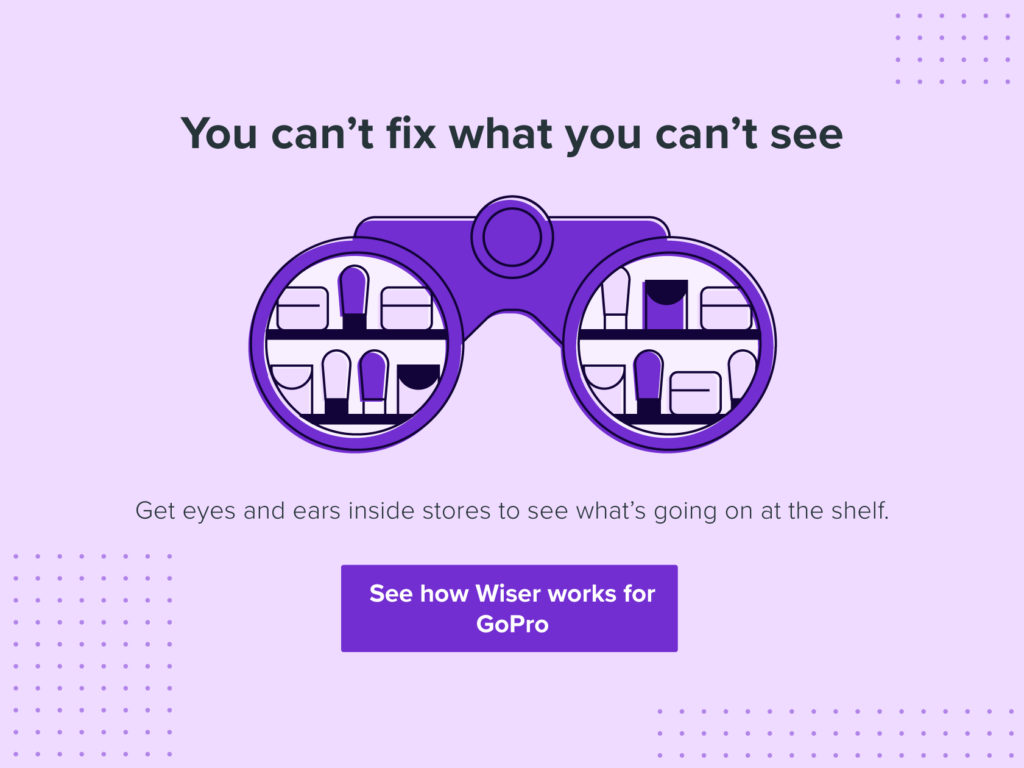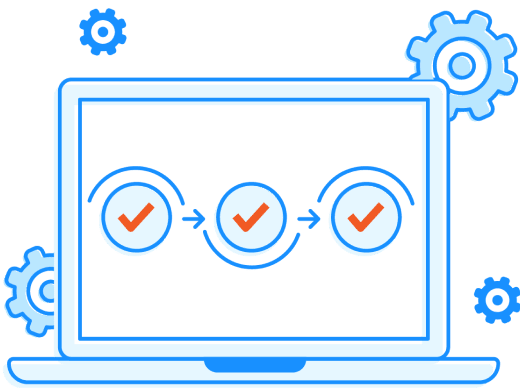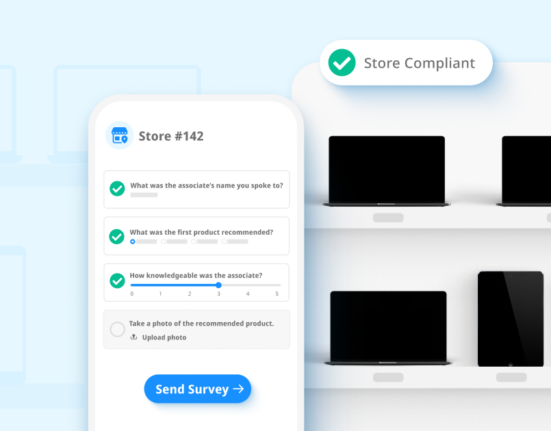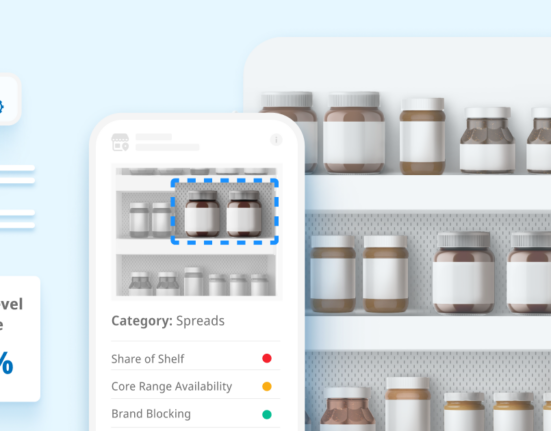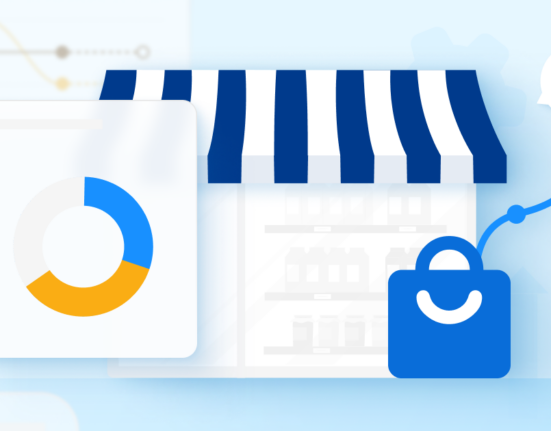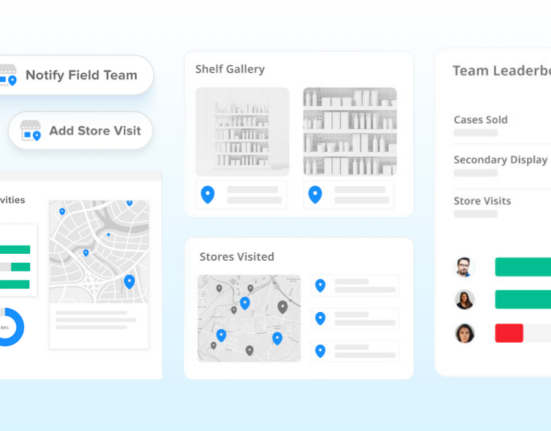A robust network with strong CPG broker relationships can accelerate sales and open more doors to new retail outlets. It’s a smart focus for any CPG, FMCG, or any other product-focused brand. But, keeping those relationships happy can be challenging, especially as you grow.
We’ve put together four pillars for a healthy agreement that can fill in coverage gaps and help you take your distribution game to new heights.
No. 1: Don’t Just Share Raw Data, Provide Insights and Opportunities
No broker is going to be more of an expert on your products or sales than your team can be. So, instead of pushing brokers to try and gain that knowledge, focus on sharing it with them in ways that they can use. To say that another way, instead of talking to your broker about data or product information, focus on giving them actionable intelligence that they can use to improve the positioning of your products and brands.
At Wiser, we think the best place to start is information on how you’re planning, what you’re spending, and what you expect. We’ve talked about the perils of thinking a broker can be a superstar without the right incentives, but now it’s time to think about sharing what information you’ve got with the right context they need to be successful.
Lessons from Leaders
Our most successful customers are those that know how to turn data into action.
The industry is full of data: scan data, shipment data, syndicated data, promo calendars, sales sheets, authorization lists, product specs, store lists, category data, ACV…this list goes on and on.
The key to winning with your brokers, and your own team for that matter, is converting a flood of data into insights and opportunities. Take the information and use it to build out the next step for your business to take. Some of our favorite examples include:
- Exception reporting
- Voids ranked by the opportunity
- Chronic OOS stores
- Average lift by display type
- Analyzing program effectiveness and related photos
- Compliance reporting
- And many more.
Being able to share this in an effective, easily digestible way converts data from a burden to can’t-live-without tool.
Make CPG Brokers’ Jobs Easier
Now, you’re probably looking at your data and asking, “What do I share with my broker?”
You don’t have to give away company secrets or anything, but you might want change that question around to this: “What could I share that would make my broker’s job easier and improve results?”
Every time we turn around, a customer is doing something innovative with the Wiser platform. Often that’s CPG and FMCG brands like you, but plenty of times it’s the brokers themselves. Your broker wants to grow sales and work more efficiently because it increases their revenues too.
Give them the chance to “wow” you.
No. 2: Use Data as a Tool, Not a Whip
We’ve designed our system to make sure you can provide visuals and photos, perform audits, track different activities, and generate dashboards to focus on opportunities. These are perfect tools to use to see how well your brokers are performing. However, sharing them preemptively can also give you a way to help brokers see where they might need to work harder or focus on opportunities you identify.
Sometimes, providing information earlier in the relationship improves your overall success rates. Photos and monitoring data are perfect for a robust system, plus make it easy to check on processes regularly. It’s all designed to make relationships and interactions positive.
It’s Easy to Beat Up on a Broker, but More Lucrative to Collaborate
Retail sales, execution, and shelf management for a single brand is a huge responsibility, but your broker has that times a hundred, at least.
So, it can be easy to poke holes in a broker’s execution or focus on the data stream to show how they’re missing the mark. (Truth be told, it can be easy to do that for almost any team). But, poking isn’t the way to grow your operations. Successful, lucrative relationships are built on helping the broker do their job instead of focusing on what they get wrong.
The brands we see with the best broker relationships are those that are in constant communication and collaboration with their broker teams. For example, our customers leverage our data integrations, dashboards, and reports to ensure they’re focusing on stores with the highest opportunity and quickest path to revenue.
Instead of throwing over every problem store they can find, they focus on stores and programs that they know will make both them and their brokers the most amount of money.
Keeping Your Scorecard Fair
Part of your job is to judge the success of CPG brokers, especially if you work with more than one. This typically requires you to create and maintain a scorecard that talks about specific objectives and timelines for task competition.
The scorecard you use may initially be something that you put together behind the scenes, but it can be a great tool to share with brokers after you give it a thorough review. Make sure goals are reasonable and measurable. Then, bring it to brokers and identify areas of concern for both parties.
Again, this is an area where you can collaborate on the business intelligence and action steps that data gives you. It’s an opportunity to come together and improve. We’re not saying that you shouldn’t hold brokers accountable, we’re just suggesting it not be the main intent or activity in your relationship.
Your broker wants to grow sales and work more efficiently because it increases their revenues too.
No. 3: Communicate Always
You must own the communication you have with your broker to get the most out of the relationship. This includes scheduling regular meetings and being responsive when they have questions, to speaking up when you have a concern, or being proactive about delivering materials and additional information.
You are the informed, zealous expert for your brand. Your broker needs to be able to feed off that energy and must be armed with the knowledge and capabilities that you can provide. We all know that sales is a mix of facts/data and relationships. Brokers are there to maintain relationships, so communicate with them about the facts they need to be successful.
We also recommend touching base consistently on objectives and concerns, even if nothing feels pressing for you. Creating open and consistent dialog strengthens your CPG broker relationship because it shows that you support their work.
No. 4: Invest Together With Your CPG Broker
One of the chief benefits of working with a CPG or food broker is that they have a considerable number of connections and relationships in your desired spaces, whether that’s top grocery retailers or small specialty stores. In turn, you likely know a variety of other brands that could serve as potential leads for the broker.
Or, if you’re considering a new piece of technology or additional tools that may help your business, ask your broker about what they may need or what can better integrate with their systems. Creating a closer bond and aligning your spending can facilitate better work from your partners, especially brokers.
Improved broker performance starts with your commitment to providing better resources and insight. Telling them to “work harder” until you’re blue in the face won’t accomplish near as much as investing in the right technology, programs, and insights that help them work smarter.
We suggest you set aside time to ask about broker, vendor, retailer, and referral opportunities, plus share what you have available. The goal of the CPG broker relationship is to be beneficial and find benefit. You never know where being helpful will get you.
Bonus Tip: One additional note is that many large retailers and chains are adjusting the way they manage promotions and marketing, which could cause a shift in what your product or packaging need to maintain top prominence. Brokers tend to stay on top of this knowledge — and sometimes get it ahead of others. A great CPG broker relationship can help you with the sales and marketing needs by leveraging their relationships and ensuring you’re in line with the goals of your partner retailers.
At the end of the day, having a mutually beneficial partnership is a competitive advantage, especially when you’re pushing into new markets and seeking additional growth opportunities.
Editor’s Note: This blog was originally published by Shelvspace. Shelvspace was acquired by Wiser Solutions in early 2021 and this blog has been revised and repurposed for a global audience.

